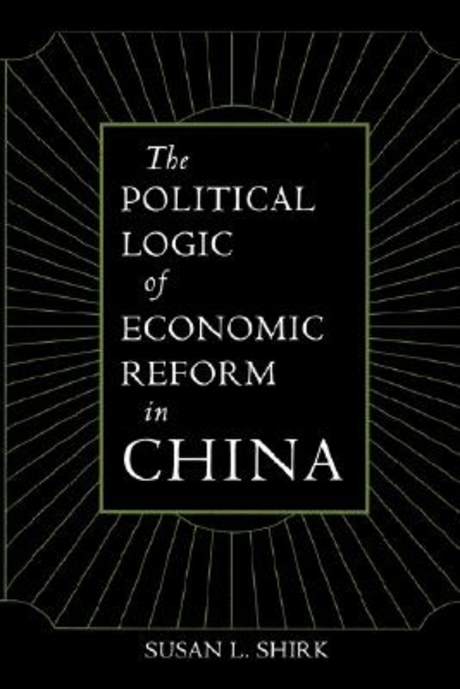
Innovate to Dominate: The Rise of the Chinese Techno-Security State
- 개인저자
- Tai Ming Cheung
- 발행사항
- Ithaca [New York]: Cornell University Press 2022
- 형태사항
- 400 p. : 24 cm
- ISBN
- 9781501764349
- 청구기호
- 338.951 C526i
- 서지주기
- Includes bibliographical references and index
소장정보
| 위치 | 등록번호 | 청구기호 / 출력 | 상태 | 반납예정일 |
|---|---|---|---|---|
지금 이용 불가 (1) | ||||
| 1자료실 | 00019545 | 대출중 | 2025.04.10 | |
- 등록번호
- 00019545
- 상태/반납예정일
- 대출중
- 2025.04.10
- 위치/청구기호(출력)
- 1자료실
책 소개
In Innovate to Dominate, Tai Ming Cheung offers insight into why, how, and whether China will overtake the United States to become the world's preeminent technological and security power. This examination of the means and ends of China's quest for techno-security supremacy is required reading for anyone looking for clues as to the long-term direction of the global order.
The techno-security domain, Cheung argues, is where national security, innovation, and economic development converge, and it has become the center of power and prosperity in the twenty-first century. China's paramount leader Xi Jinping recognizes that effectively harnessing the complex interactions among security, innovation, and development is essential in enabling China to compete for global dominance.
Cheung offers a richly detailed account of how China is building a potent techno-security state. In Innovate to Dominate he takes readers from the strategic vision guiding this transformation to the nuts-and-bolts of policy implementation. The state-led top-down mobilizational model that China is pursuing has been a winning formula so far, but the sternest test is ahead as China begins to compete head-to-head with the United States and aims to surpass its archrival by mid-century if not sooner.
Innovate to Dominate is a timely and analytically rigorous examination of the key strategies guiding China's transformation of its capabilities in the national, technological, military, and security spheres and how this is taking place. Cheung authoritatively addresses the burning questions being asked in capitals around the world: Can China become the dominant global techno-security power? And if so, when?



